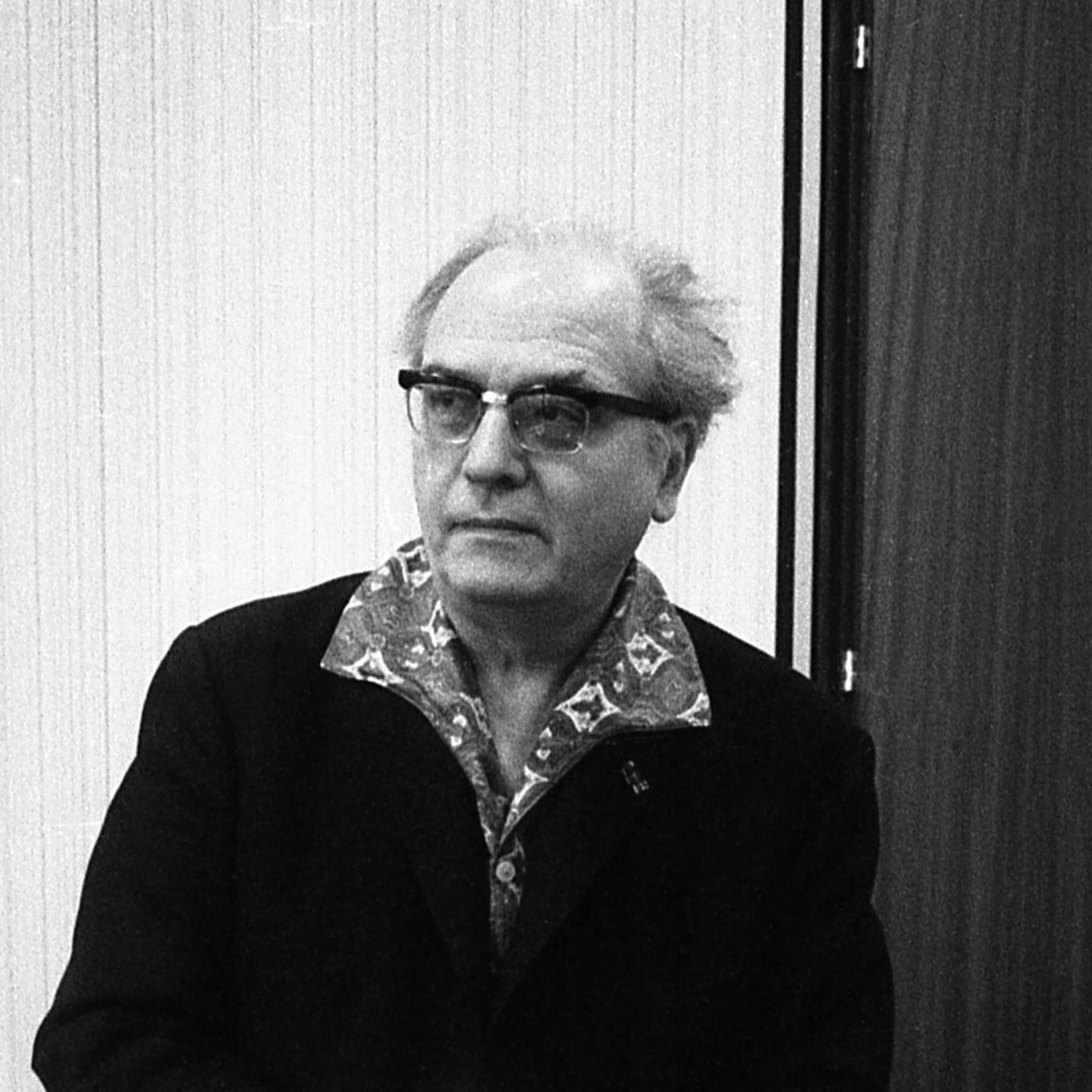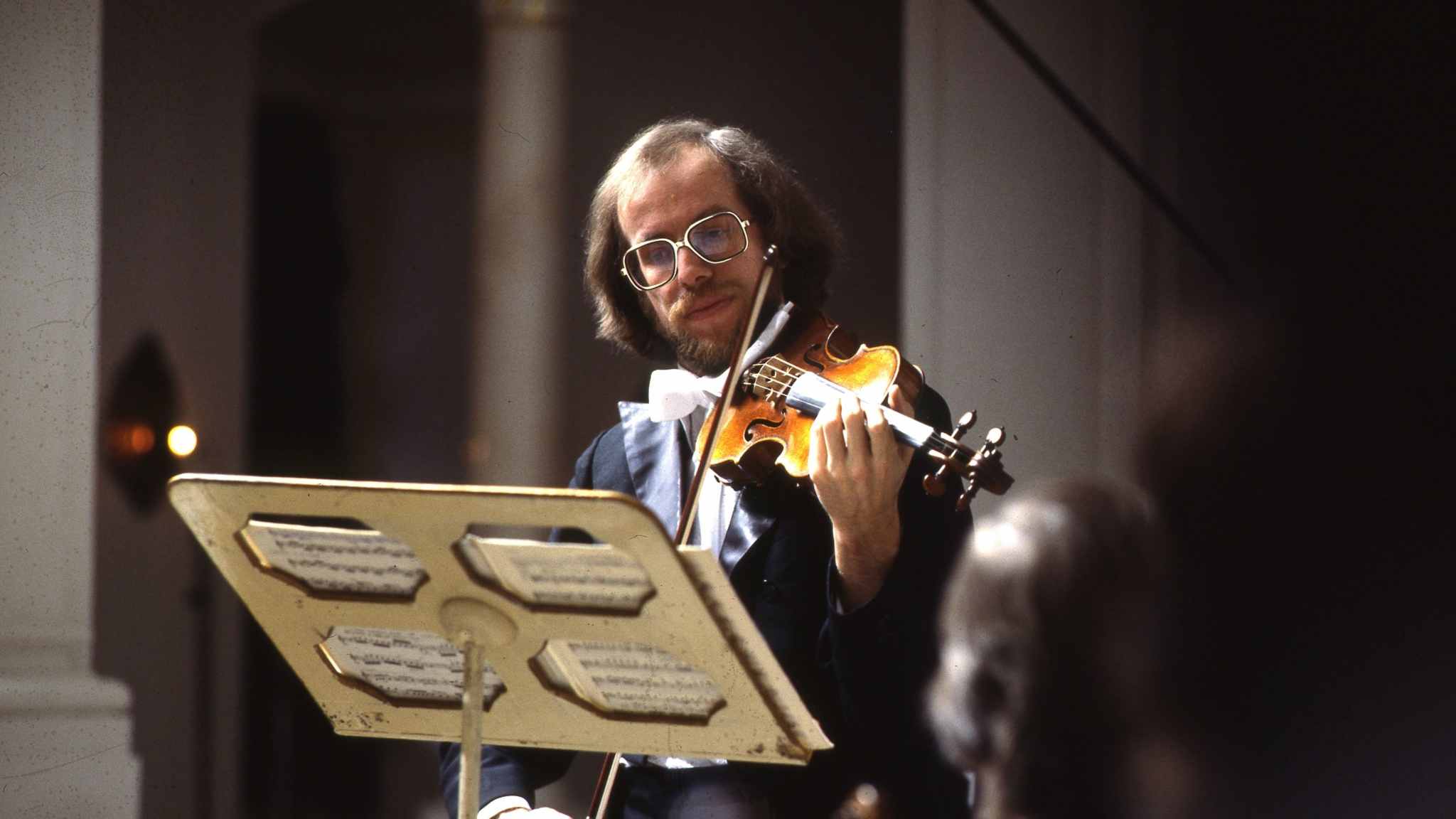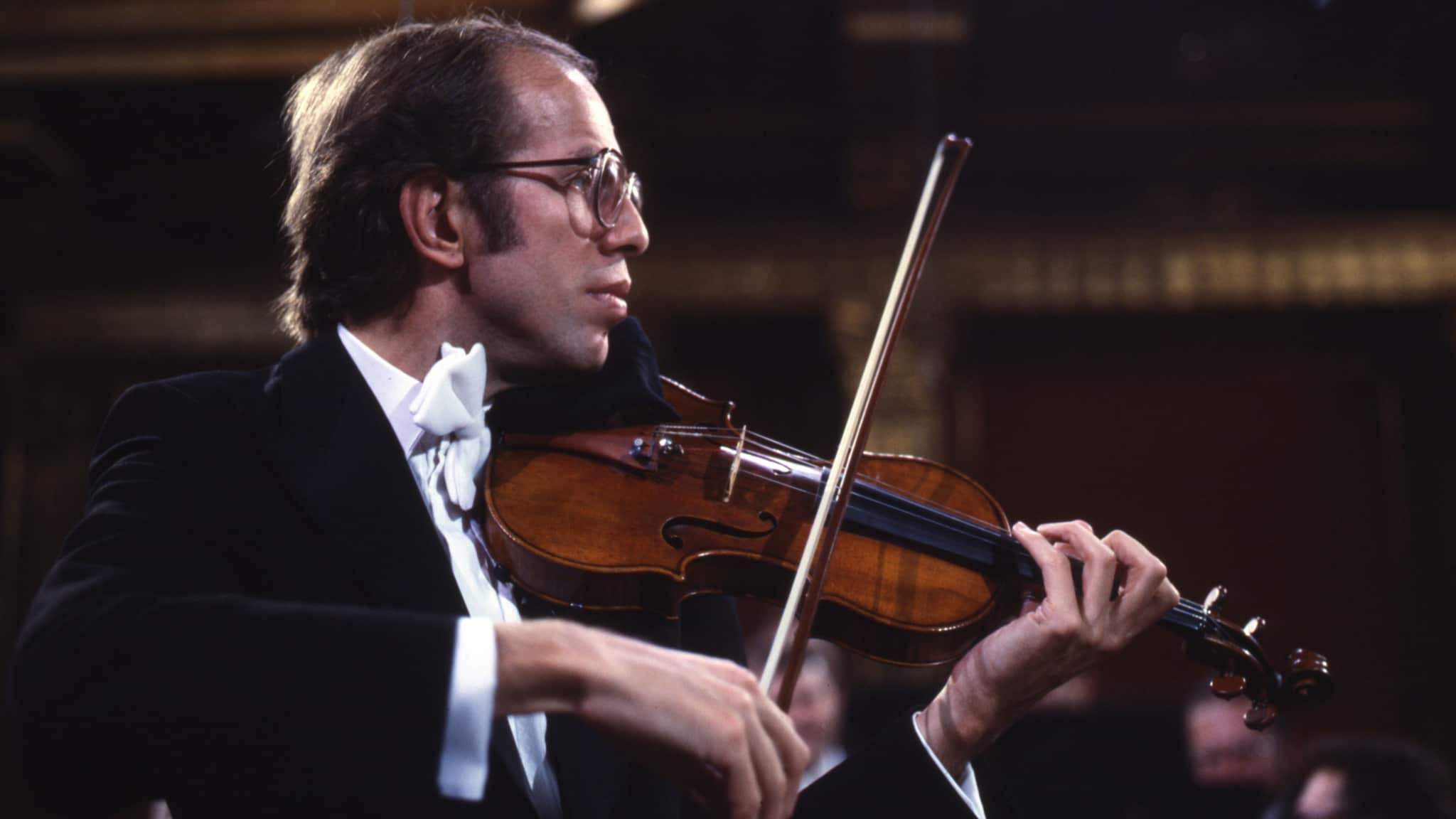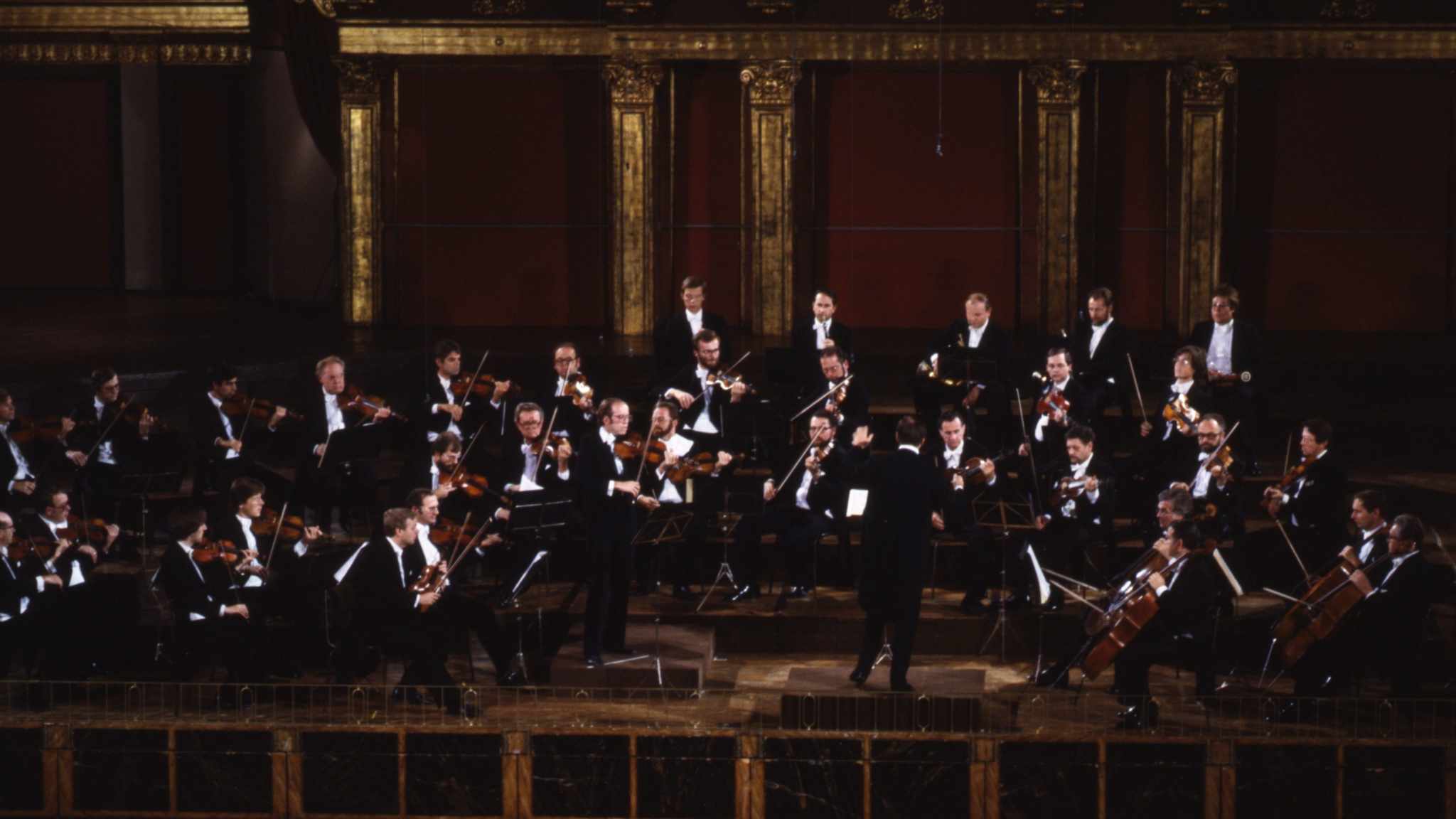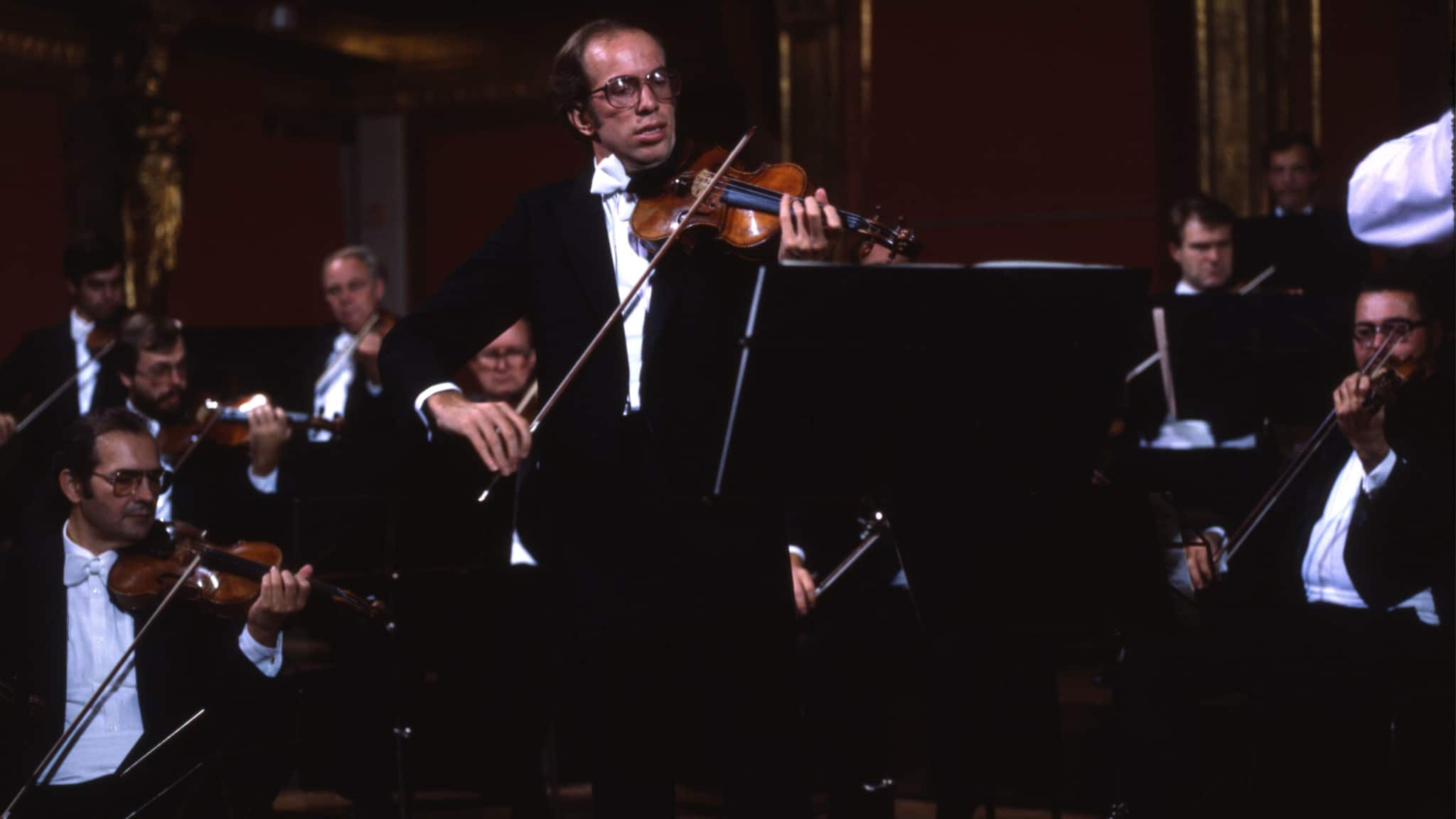Album insights
Sergei Ivanovich Taneyev, born on November 25, 1856, in Vladimir, Russia, was hailed by Tchaikovsky as a master of counterpoint and a student of great talent. Taneyev's musical prowess emerged during his early years, leading him to attend the Moscow Conservatory before the age of ten. He excelled in Tchaikovsky's composition class and studied piano under Nikolai Rubinstein. Winning the Gold Medal in both composition and performance in 1875 marked his exceptional achievement. Despite composing for Rubinstein, who declined, Taneyev premiered and performed Tchaikovsky's works, including piano concertos. Additionally, he edited and published Tchaikovsky's pieces after the latter's death.
In 1878, Taneyev assumed Tchaikovsky's classes at the conservatory, eventually becoming its director in 1885 before resigning to focus on composition. He imparted his unparalleled knowledge of Renaissance counterpoint to students like Glière, Medtner, and Rachmaninoff. Living largely unmarried, assisted by his stern nurse, Pelageya Vasilyevna Ivanova, Taneyev led a quiet life. Despite friendship with Leo Tolstoy, his interactions with Tolstoy's wife became a subject of affection. Taneyev left the conservatory protesting disciplinary actions following the 1905 revolution. Continuing his expertise in counterpoint, he resumed a career as a concert pianist, authored influential textbooks, and produced remarkable chamber music until his passing in 1915.
Intellectually versatile, Taneyev cultivated numerous interests and a unique compositional style that transcended national genres. Inspired by Mozart, he emphasized clarity and simplicity in his music. While embracing Russian folk music, he believed the country lacked polyphonic experiences seen in Europe, distancing himself from the nationalist St. Petersburg musical tradition. Aligning with balanced structures and logical processing, Taneyev's meticulous approach drew comparisons to the "Russian Brahms." His focus on chamber music, particularly string trios and quintets, showcased his mastery.
Prominent for his orchestral works like the C minor Symphony, Taneyev's skillful technique remains unquestioned. His string trios, notably in D major and E flat major, epitomize his prowess. These compositions interweave melody, passion, and humor, embellishing intricate contrapuntal frameworks and harmonious orchestrations. While renowned for his mastery, Taneyev's ability as a composer remains debated. Although possibly lacking the direct appeal of Tchaikovsky's melodic charm, his oeuvre, rich in complexity and orchestration, solidifies his lasting legacy. Taneyev's final string trio, in B minor, conveys a somber and tumultuous tone, showcasing expressive chromatic harmonies and poignant variations, signaling a shift in his aesthetic near the end of his career.
Throughout his compositions, Taneyev's meticulous attention to counterpoint, harmonies, and thematic development shines. His compositions, reflective and emotionally charged, leave a lasting imprint, melding classical forms with innovative interpretations. Taneyev's enduring contribution to chamber music continues to captivate audiences with its rich tapestry of melodies, contrapuntal textures, and expressive depth.





